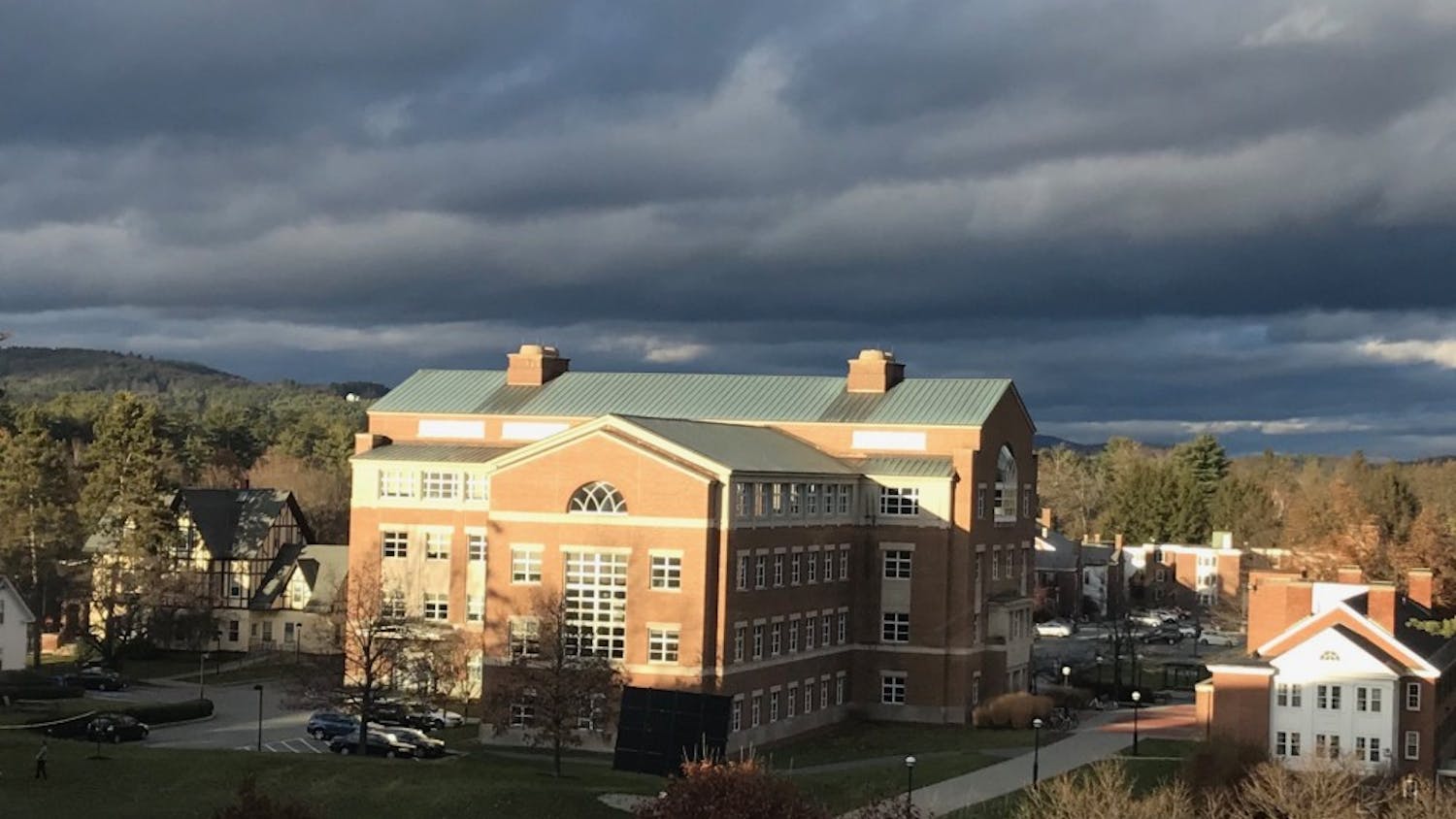In a panel discussion on the future of democracy in Haiti, four panelists agreed that the explosive situation in Haiti cannot be calmed until exiled president Jean-Bertrand Aristide is returned to power.
About 60 people attended the panel, titled "Historical Background: Barriers to Democracy," which was the first in the "The Future of Democracy in Haiti" conference.
The panelists included author Amy Wilentz, Miami University Law Professor Irwin Stotsky, Wesleyan University Afro-American Studies Director Alex Dupuy and Princeton University French Professor Leon-Francois Hoffman.
The four sketched a grim picture of Haitian history. There have been five governments between the 1986 and the 1990 elections, which brought Aristide to power.
In 1986, then president Jean- Claude Duvalier fled the country.
Aristide's election marked the first time that a person from a peasant background had risen to power through a democratic election, Dupuy said.
"Aristide had a great deal of popular support and received two- thirds of the votes, which gave him a mandate for reform," Stotsky said.
"Two point seven out of 3.2 million people came out to vote, in spite of the fact that 75 percent of the population live in rural areas where it is virtually impossible to distribute election materials," he said.
Since Aristide's ouster in a military coup in 1990, many Haitians have been risking their lives to flee the country, Stotsky said. He added that there may be as many as 200,000 to 400,000 people in hiding within Haiti.
The panelists said Haiti's current problems are rooted in its past.
Hoffman, the first speaker, traced the life of Antenor Firmin, the famous Haitian politician and writer, who Hoffman said was the first to note that Haiti's destiny would be linked to the United States.
The United States occupied Haiti from 1915 to 1934. According to Wilentz, the occupation had an important effect on Haitian history in that it nurtured a business elite and polarized Haitian society.
"Anti-intellectual and anti-occupation movements started during this time and [Francois] Duvalier was able to divert these movements later on," Wilentz said.
Francois Duvalier, otherwise known as "Papa Doc," came to power in 1957 largely due to the American occupation, she said.
"When Duvalier came to power in 1957 he eradicated any semblance of a civil society," Dupuy said. "He controlled every apparatus of state, the church, the school system, the legal system, etc., and any expression of dissent was brutally suppressed."
"It was a totalitarian state that preyed on society," he said.
In 1971 when Papa Doc died, his son Jean-Claude, known as "Baby Doc" assumed the presidency. During the Duvalier era, many private industries were taken over by the state, Dupuy said.
Army officers, known as the Tontons Macoutes, were given free reign to plunder, rape and pillage, all in a quest to increase their personal wealth and their upward social mobility, he said.
The Duvalier era came to a close in 1986, when Duvalier lost control due to the snowball effect of grass roots resistance movements sprouting in many areas of the country, Dupuy said.
The army has been running Haiti since Aristide was ousted in 1990.



